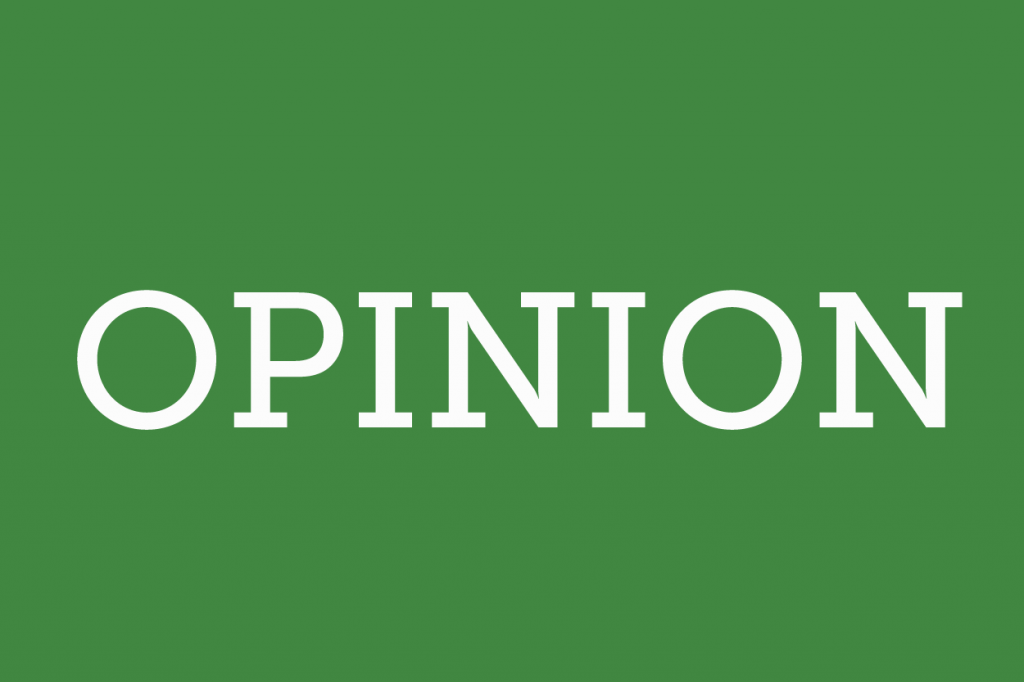The Christchurch, New Zealand gunman—whose name I will not mention— was a white male terrorist. He was a white supremacist, and his actions were not a result of bullying or mental health. His actions were due to an illness that plagues the West: Islamophobia.
Despite the term being relatively modern, the rising hate and discrimination that threatens Muslims stem from a long and established tradition of demonizing Muslim bodies. And, it’s been ongoing prior to the 9/11 attacks.
The Naturalization Act of 1790 limited citizenship to “any alien, being a free white person.” This drastically restricted immigrants, especially Arab immigrants, from seeking lawful residence and citizenship. In a notable 1891 case, the U.S. Supreme Court highlighted “the intense hostility of the people of Muslim faith to all other sects, particularly to Christians.”
As a result, scores of Muslim immigrants were turned away at U.S. ports throughout the late 19th and early 20th centuries. This functional ban on Muslim immigration persisted up until 1944. This was a result of U.S. geopolitical interests, not evolving progressive interests.
Despite the sudden inclusion of Muslim Americans, white Americans’ discomfort regarding Muslim incorporation still prevailed, and the media has often propagated that unease.
The Alfred P. Murrah Federal Building bombing in Oklahoma City in April 1995 was a domestic terrorist attack that killed 168 people and injured nearly 700. After the attack, the media speculated that the attack was performed by “Islamic extremists” or “Arab radicals.” Approximately 90 minutes after the attack, Timothy McVeigh— a white, Christian male— was arrested and linked to the attack.
Since the 9/11 attacks, the “War on Terror” has killed approximately 1.3 million Muslims, according to the Physicians for Social Responsibility.
Beyond the death toll, Muslim Americans have suffered intrusive surveillance. In 2017, President Donald Trump declared an executive order temporarily banning immigration from seven majority-Muslim countries. This order has shown that islamophobia has become an inherent trait of American policy.
It isn’t limited to political parties either. After the Christchurch attacks, only two 2020 Democrats explicitly mentioned “Islamophobia” in their response. Other Democrats have mentioned Muslim people but the lack of direct condemnation of Islamophobia demonstrates a slight unease in even bearing the words.
More important than political action is the media’s responsibility in ensuring that Islamophobia doesn’t become entrenched in their tone.
In a conversation with students from the University of Miami School of Communication, foreign policy journalist Rula Jebreal said 73 percent of terrorist attacks after 9/11 were led by right-wing extremists.
According to research conducted by the University of Alabama based on data from the Global Terrorism Database, terror attacks by Muslims receive 357 percent more press attention than those committed by non-Muslims. The disparity in media coverage is particularly out of sync with reality given that white, right-wing terrorists have carried out nearly twice as many terrorist attacks as Muslim extremists between 2008 and 2016.
Journalists must be fair and honest. The inconsistency in reporting terrorist attacks committed by Muslims and non-Muslims betrays the trust of public opinion and amplifies Islamophobic sentiments.
As a journalist, I won’t let that happen.
It’s crucial to understand that while Islamophobia has become a modernly coined term, it’s been embedded in our history and in Western culture. In order to begin battling the illness that has infected us, we must ally with one another and denounce all attacks against a community as terrorism— and we must state why.
We must follow Jacinda Ardern’s heroism in reminding her Muslim constituents that they’re welcomed and safe. We must not give power to the name of white supremacy. We must highlight the lives of the victims and remember that they matter.
You should not die in your sanctuary and only have political leaders offer “thoughts and prayers.” They should offer action and denounce white supremacy.
As students of a stronger generation, we must ensure that Islamophobia or any type of hate will not be entrenched in our culture. We must hold our political bodies, our newspapers and ourselves accountable.
Daniela Perez is a junior majoring in journalism and political science.







